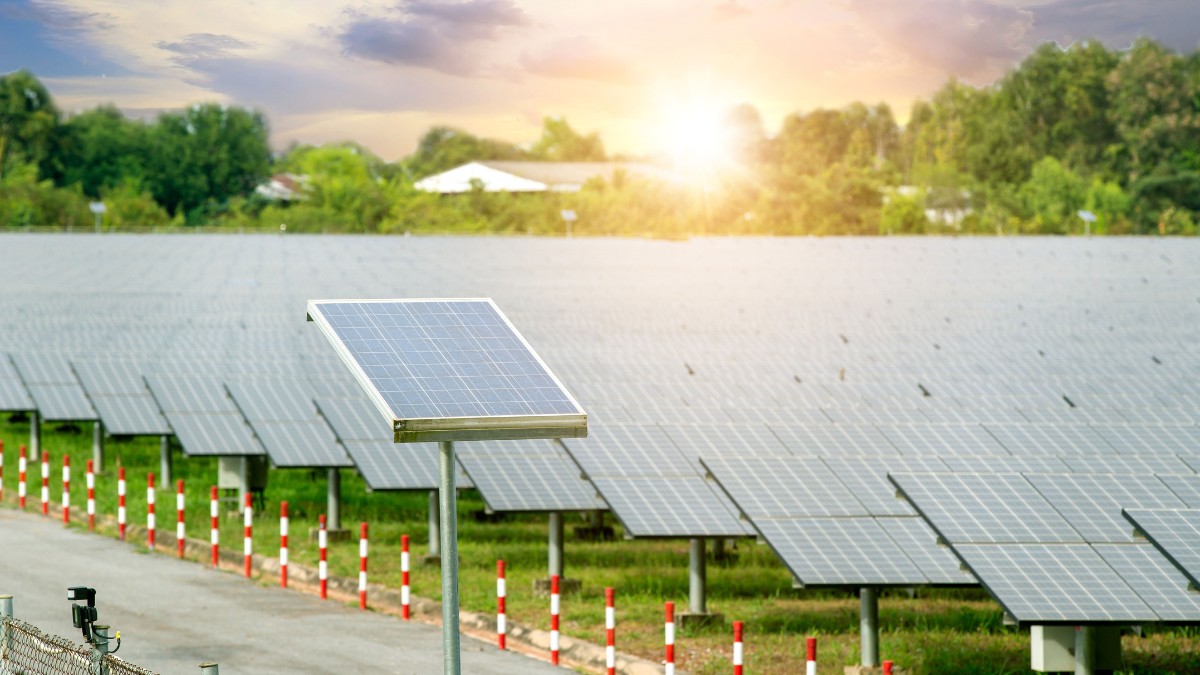In today’s world, where people are more aware of the environment and striving for sustainable living, solar energy systems have become a crucial solution for our energy needs. By using the sun’s power, these systems offer many benefits, making them popular among homeowners, businesses, and governments globally. This article explores the basics and special features of solar energy systems, emphasizing their importance in our journey towards a greener future.
Understanding solar energy systems
One of the most significant advantages of solar energy system service is their environmental impact. Unlike fossil fuels, which release harmful greenhouse gases when burned, solar energy is clean and renewable. By switching to solar power, individuals and organizations can significantly reduce their carbon footprint and contribute to the fight against climate change. Furthermore, solar energy systems require minimal maintenance and have a long lifespan, often lasting 25 years or more with proper care.
The unique benefits of solar energy systems
Cost savings
Investing in a solar energy system can lead to substantial cost savings over time. While the initial installation cost can be high, the long-term benefits often outweigh this expense. Solar panels can drastically reduce or even eliminate electricity bills, depending on the size of the system and the energy consumption of the household or business. In addition, many governments and local authorities offer financial incentives, such as tax credits, rebates, and grants, to encourage the adoption of solar energy. These incentives can significantly offset the initial investment, making solar energy systems more affordable for a broader range of people.
Another financial benefit is the potential increase in property value. Homes and businesses equipped with solar energy systems are often seen as more attractive to buyers due to their reduced operational costs and environmental benefits.
Energy independence and security
Solar energy systems deliver a great level of energy liberation that is not possible with traditional energy sources. By producing their own electricity, house owners and businesses can reduce their reliance on the grid and protect themselves from rising energy costs and potential power outages. This is particularly advantageous in remote or rural areas where access to the grid can be unreliable or non-existent.
Additionally, the decentralization of energy production through solar installations contributes to overall energy security. By diversifying the energy mix and reducing dependence on centralized power plants, solar energy systems help create a more resilient and stable energy infrastructure. This is especially crucial in the face of natural disasters or other disruptions that can compromise the traditional energy supply.
The solar energy system service offers a multitude of benefits that make them an attractive option for those looking to reduce their environmental impact, save on energy costs, and achieve greater energy independence. As technology continues to advance and the cost of solar installations decreases, the adoption of solar energy is likely to accelerate, paving the way for a more sustainable and resilient energy future. Embracing solar energy is not just a smart financial decision but also a critical step towards ensuring a cleaner and healthier planet for future generations.







